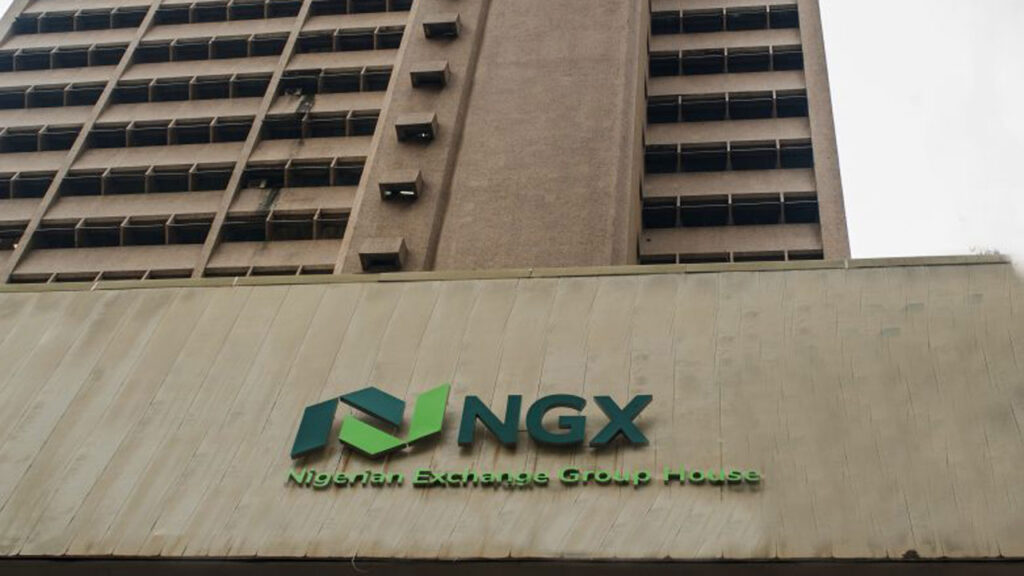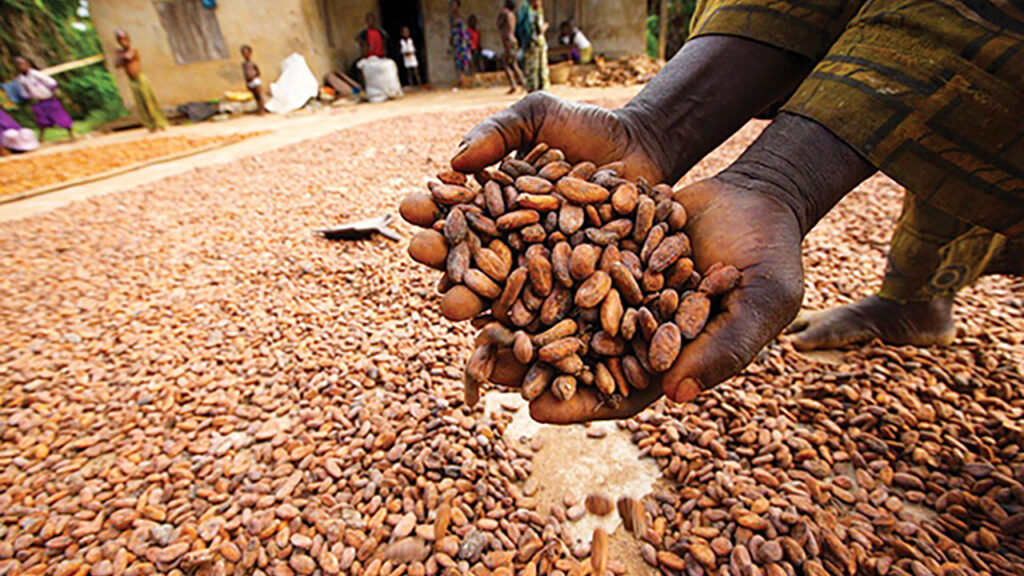Financial analysts have listed policy inconsistency and capital control measures as impediments to capital importation and Foreign Direct Investment (FDI) inflow into Nigeria.
Analysing Nigerian investment climate in its 2020 full-year report, Codros Securities Limited said amidst the global search for high yields in emerging and frontier markets and given ultra-low yields in advanced economies, capital importation into Nigeria has continued on a downward trend, dropping to its lowest level since the first quarter (Q1), 2017.
In addition, they said such policy summersaults have also made foreigners shun the economy in favour of its peers.
Consequently, the total capital imported into the country declined by 26.8 per cent quarter-on-quarter in Q4, 2020 to $1.07 billion.

‘In our Q2-20 capital importation report, we expressed that the low capital importation into the country will persist in the near term until foreign investors see policy action that increases their confidence in the stability and liquidity of the naira, and more attractive fixed-income yields, vs. peers.
“True to our prognosis, capital importation dipped in 2020FY dipped by 56.7 PER CENT to USD9.68 billion (2019FY: USD23.99 billion) according to the data released by the NBS last week.
“To underscore the scale of things, we note that the aggregate of capital importation from Q2-20 to Q4-20 (USD3.83 billion) was 34.6 per cent less than the total capital inflows to the country in Q1-20 (USD5.85 billion) right before the pandemic ravaged the global economy.”
According to the data released by the Nigeria Bureau of Statistics (NBS) at the weekend, capital importation dipped by 56.7 per cent in 2020 full year to $9.68 billion from $23.99 billion achieved in the corresponding period in 2019, and 42.4 per cent reduction compared to $16.81 billion recorded in 2018.
Nigeria recorded its lowest capital inflows in the past four years in 2020, since 2016 when it received $5.12 billion inflows.
However, the analysts expressed optimism of a marginal pickup in capital importation given the recent uptick in yields as well as expectation of further devaluation of the currency.
However, it expects major downside risk to stem from the conflicting policy actions, which, according to them, have continued to deter confidence in the Nigerian economy.
“Looking ahead, we expect a marginal pickup in capital importation given the recent uptick in yields as well as our expectation of further devaluation of the currency which we believe will support improvement in FPI inflows.
“For us, the major downside risk stems from the conflicting policy actions that continue to deter confidence in the Nigerian economy,” they concluded.













